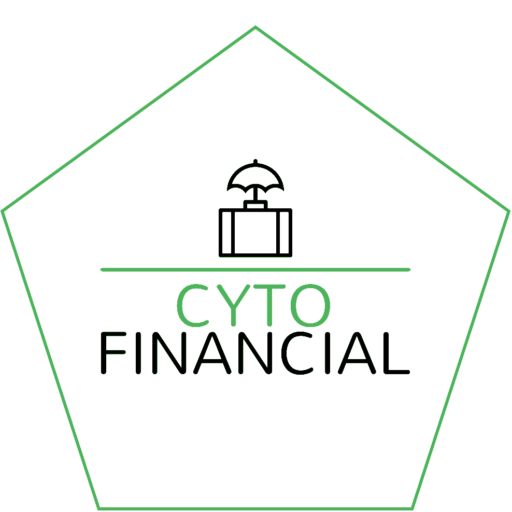Hey there, Vermont cannabis business owners! As the industry flourishes in our beautiful state, you’re probably thinking about attracting and retaining top talent. Offering comprehensive benefits is a huge part of that. But with the unique legal landscape surrounding cannabis, you might be wondering, “What benefits can I actually offer?“
Let’s break down the legalities of incorporating voluntary and retirement benefits into your compensation packages.
Understanding the Landscape
- State vs. Federal Law: While Vermont has legalized both medical and recreational cannabis, it’s still illegal federally. This creates some complexities when it comes to certain benefits, particularly those regulated at the federal level.
- ERISA Compliance: The Employee Retirement Income Security Act (ERISA) is a federal law that sets the minimum standards for most voluntarily established retirement and health plans in private industry to provide protection for individuals in these plans.
Voluntary Benefits
Most voluntary benefits are generally permissible for Vermont cannabis businesses. These benefits are typically employee-paid, with the employer facilitating access and often contributing a portion. Here are some common options:
- Dental and Vision Insurance: These are generally straightforward to offer, as they don’t typically involve the same federal regulatory hurdles as other benefits.
- Supplemental Health Insurance: This includes options like accident insurance, critical illness insurance, and hospital indemnity plans. These can be valuable for employees in any industry, including cannabis, to help offset out-of-pocket medical expenses.
- Life and Disability Insurance: Offering life and disability insurance can provide crucial financial protection for employees and their families.
- Employee Assistance Programs (EAPs): EAPs offer services like counseling, legal assistance, and financial planning, which can be a valuable resource for employees in any industry.
Retirement Benefits
Retirement plans, particularly 401(k)s, are more complex due to ERISA regulations. However, they are not off the table for cannabis businesses. Here’s what you need to know:
- 401(k) Plans: While some major financial institutions have been hesitant to work with cannabis companies, this is changing. There are now providers who specialize in offering 401(k) plans to businesses in the cannabis industry.
- It’s crucial to work with a knowledgeable provider who can ensure compliance with all applicable regulations.
- SIMPLE IRAs: A Savings Incentive Match Plan for Employees (SIMPLE) IRA is a retirement plan for businesses with 100 or fewer employees. They are easier to administer than 401(k)s and can be a good option for smaller cannabis businesses.
- SEP IRAs: A Simplified Employee Pension (SEP) IRA is another retirement plan option for self-employed individuals or small business owners. Employers contribute to traditional IRA accounts set up for their employees.
- State-Sponsored Retirement Plans: Vermont offers VT Saves, a state-sponsored retirement savings program. Cannabis businesses can participate in this program but there are fees associated with it.
Key Considerations for Vermont Cannabis Businesses
- Work with Experts: Given the complexities, it’s essential to partner with benefits brokers like CYTO Financial, and legal counsel who specialize in the cannabis industry. We can help you navigate the regulations and find appropriate solutions.
- Transparency is Key: Be upfront with your employees about the benefits you offer and any limitations that may exist due to federal law.
- Stay Updated: The legal landscape is constantly evolving, so it’s crucial to stay informed about any changes that may affect your benefits offerings.
In Conclusion
Vermont cannabis businesses can offer a wide range of voluntary and retirement benefits to their employees. While there are complexities to navigate, particularly with retirement plans, it’s entirely possible to provide competitive benefits packages that attract and retain top talent. By working with the right experts and staying informed, you can ensure that you’re offering compliant and valuable benefits to your team.
Disclaimer: We are a professional group, not attorneys. This blog post provides general information and should not be considered legal advice. Consult with a qualified legal professional for advice tailored to your specific situation.
